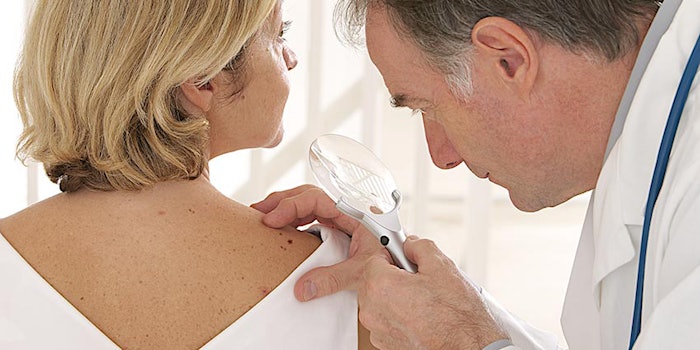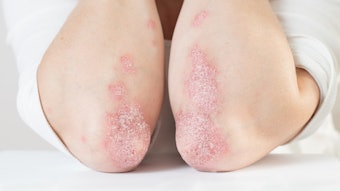
Surgery may not be required for successful, long-lasting treatment of low-risk basal cell carcinoma (BCC). Imiquimod, a topical skin cream that boosts the body’s immune system, was examined in a new study published in the Journal of Investigative Dermatology.
The study continued prior research and looked into how imiquimod-treated patients fared in the five years after treatment. At the three- and five-year marks, 83.6 and 82.5 percent of imiquimod patients had successful outcomes, compared to 98.4 and 97.7 percent of surgery patients, respectively.
Benefits of imiquimod:
- 82.5 percent success rate after five years
- Does not require surgery
- Can be administered by general care practitioner
- Allows specialty doctors to treat more serious cases
- BCC recurrence unlikely if treatment succeeds in the first year
Imiquimod results do not quite mirror those of the currently preferred BCC treatment, an excisional or Mohs surgery, and present a risk of “submarine lesions” after treatment. According to lead investigator Hywel C. Williams, DSc, FMedSci, NIHR Senior Investigator, Professor of Dermo-Epidemiology and Co-Director of the Centre of Evidence-Based Dermatology at the University of Nottingham, Nottingham, U.K., despite the risk, BCC recurrence is unlikely if treatment succeeds in the first year.
According to Williams, because BCC is reaching epidemic proportions, some countries like the U.K. are struggling to keep up. One possible strategy for the future is to treat more low-risk (biopsy proven) BCCs with imiquimod cream and only refer patients who don't respond to secondary care services.
For more information, read medicalxpress.com (source).










